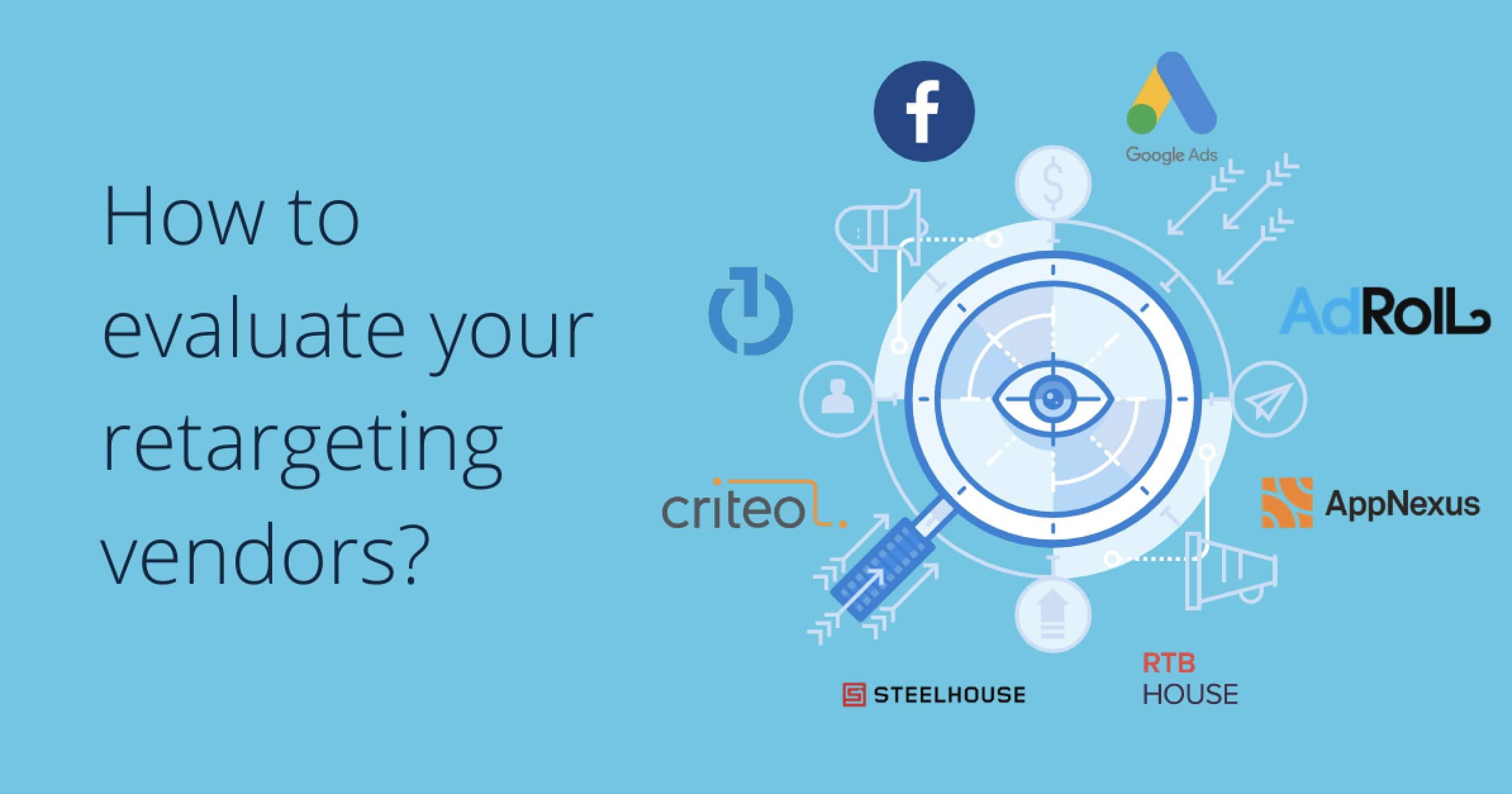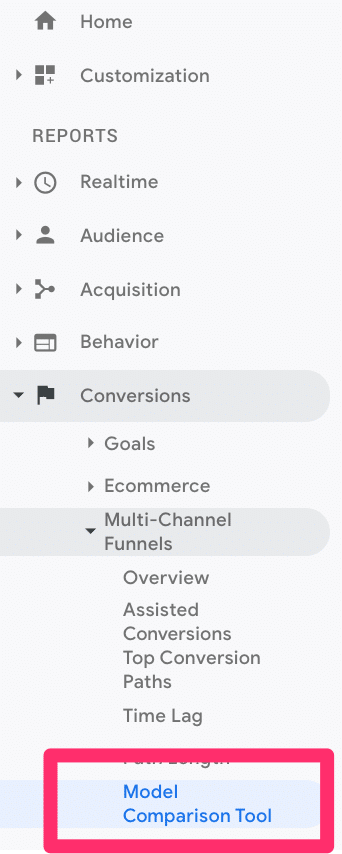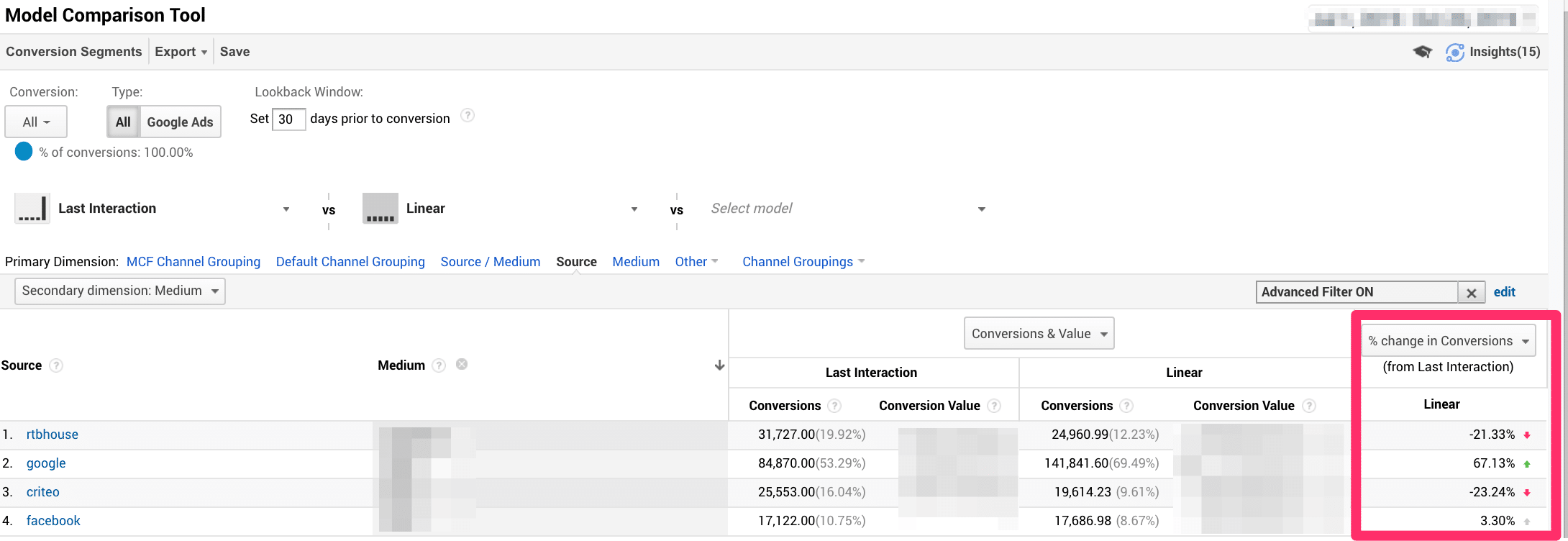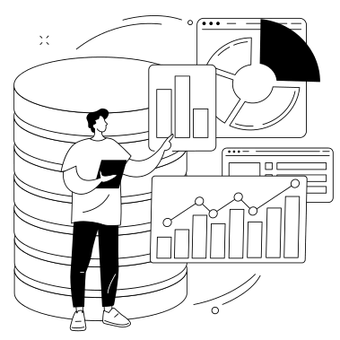How to evaluate your retargeting vendors?

Retargeting ads, also known as remarketing, are gaining momentum in the paid media arena. According to Baymard.com 69.57% of online purchases are abandoned at the shopping cart. Remarketing can be a strong influence to reengage and help to close the deal.
The emphasis here is on the word help. From our experience, remarketing plays really well in the middle and late stage of the funnel if we look at it on a customer journey level.
Once the setup is done, it’s really important to find the right way of evaluating channel performance.
Certain retargeting vendors are really good at jumping in on the last click which means that when measured on a last-click before the deal is done level, the performance looks really good. Remarketing vendors often optimise their optimisation algorithms to perform on a last-click basis.
To get a true understanding you should look into measuring remarketing on a linear or data-driven model to really understand the contribution across the whole customer journey.
Linear-touch in Google Analytics
In Google Analytics you can compare the channel performance using the MCF (Multi-Channel Funnels) tool

Once you’re in there you can select the attribution models you want to compare. A good approach for retargeting is to look at it using a Linear Touch Model (more about the different attribution models here). Here is a sample screenshot of channel performance.

Now you have the information together on a conversion level. However, the cost data is missing and if you want to optimise on ROAS or CPA you have two options.
- Use a data integration tool (like Windsor.ai) to stream all the costs from all the vendors into one place
- Copy-paste data between CSV/XLS files and create manual reports.
Of course, if you only use Google Display Network you will have all the data nicely integrated into Google Analytics

Try Windsor.ai today
Access all your data from your favorite sources in one place.
Get started for free with a 30 - day trial.
Takeaway
For advanced advertisers, it makes sense to look at a marketing data integration tool to get all the costs into one place. There are also other models beyond linear-touch, first-touch and last touch which are based on an algorithmic approach. Below you can see a sample set of data on how the retargeting vendors perform on a data-driven model (see column Attributed conversions).
Here again, looking at a multi-touch model, Google seems to be the clear winner. Of course, we also need to look into the cost-efficiency of the channels (ROAS and CPA) before making any decision on how to adjust our media buys.
Having all of this: Different attribution models and spending data in one clear view makes a marketeers job much easier and allows to focus on increasing ROI.

When deciding on how to evaluate retargeting vendors don’t use a last-click model.
Please feel free to share some of your experiences on how you evaluate retargeting vendors in the comments section below.
Read also:
Funnel.io vs. Supermetrics: A Comprehensive Comparison
Supermetrics vs. Fivetran: Complete Guide for 2023
Adverity vs Supermetrics: Which is Right for You in 2023?


